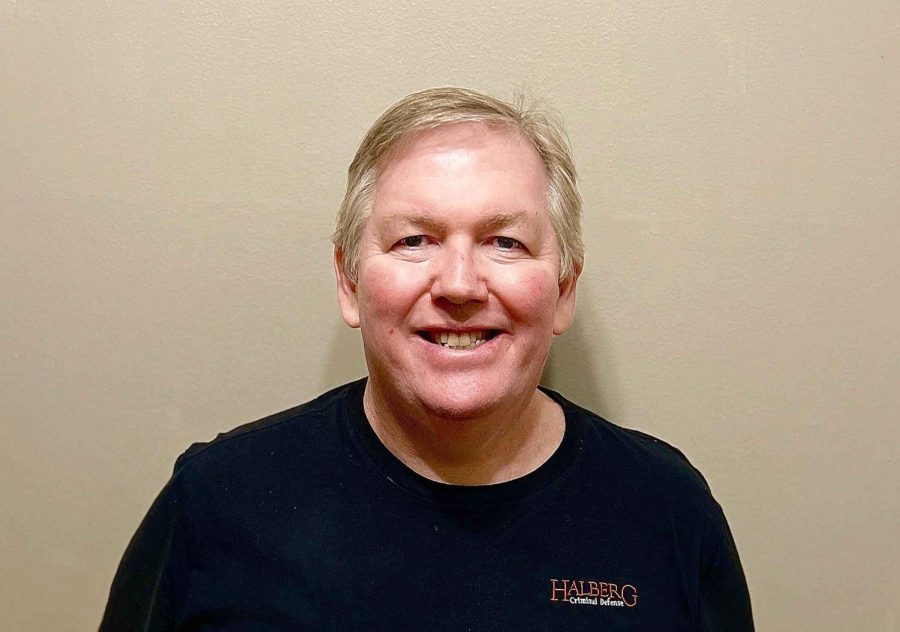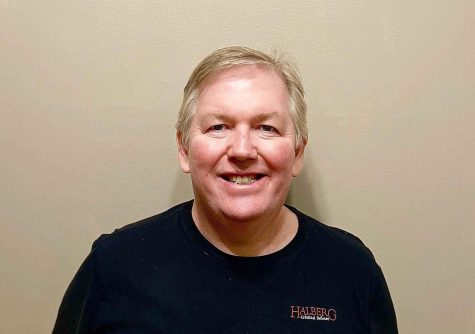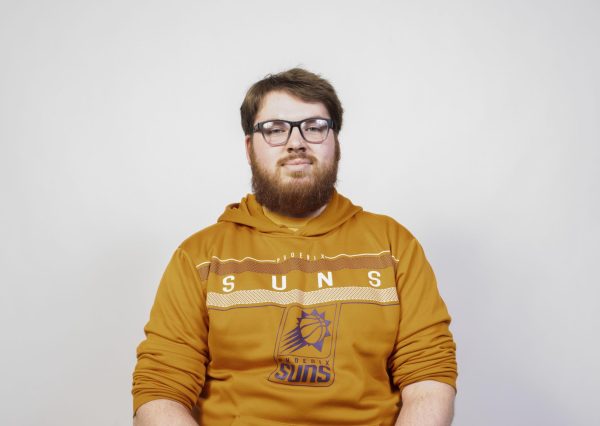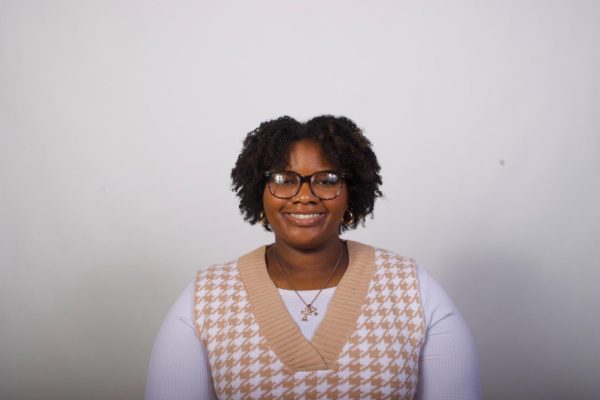COLUMN: White male privilege is alive and well: part I
Trent Jonas is a graduate student studying English and can be reached at 217-581-2812.
February 6, 2023
As a middle-aged white guy from the Midwest, I do not have too much to complain about.
I am from what they used to call a “broken home”—my parents divorced when I was eight or nine. My mom suffered from some pretty extreme mental illness issues (like hospitalized once or twice a year during her life).
My dad was a redneck from the South who cycled through wives like other people go through cars, switching up every few years or so (Mom was number two). He was handy, so he worked in various maintenance-type positions, never making much money but always seeming to get by.
My mom was on welfare for most of her adult life. Neither of my parents made it past eighth grade. Both smoked.
Between the time I was born and the time I graduated from high school, I had lived in a dozen different houses and apartments and attended 10 schools, shuffling back and forth between my parents, moving as they moved.
But you know what? I managed. I always figured I would graduate from high school. I assumed, as I presume my parents did, that I would stay in school and finish. No reason not to. I was a white kid in a small Iowa town. So, I did.
Then I wanted to go to college, so I did. I figured it out largely on my own, but I did it. First person in my immediate—and among much of my extended—family to do so. It never occurred to me that I could not.
Everybody I knew who went to college looked like me. Pop culture depictions of college kids looked like me. I just figured I could go.
My parents could not afford to send me, so I had to figure it out on my own. I got grants, loans, and even a scholarship. I sussed out how to navigate every obstacle—and peopled helped me.
In spite of my upbringing, there were really no barriers. Sure, there were challenges, but it never occurred to me that I could not attend college, that people may not have wanted me to do so, or that there was anything to prevent me from walking right through the gates and sitting down in a classroom.
After I slowly (changed majors twice) graduated from college, I got a job. I did not love it, so I decided to apply to law school. I applied to three, and two let me in. I went to one, and graduated from there.
Then I got another job. Got married, sired children, etc. I have very rarely felt like I could not be or go anywhere. I can sit at a bar and not be bothered. Or if I am bothered, I can cut it off without having to worry about any real consequences.
Although I do not enjoy getting stopped by law enforcement officers, on the very rare occasions that I have, I did not fear for my safety, let alone my life. I have even argued with cops.
Does this sound pretty normal to you? Then, congratulations—you also probably benefit from white male privilege.
Now, you just need to recognize that everyone else does not have life nearly as easy as we do. And yet, thanks to the privilege that we enjoy, our voices carry more power than they should.
So, we should use them. To be allies. To speak out against inequity. To stand against obvious, as well as insidious, racism, sexism, and other types of hatred.
To stand against the killing of unarmed black men and women by police. To stand against violence toward women, BIPOC, LGBTQ, and all otherwise-marginalized people.
Trent Jonas is a graduate student in English. He can be reached at [email protected] or 217-581-2812.

















































